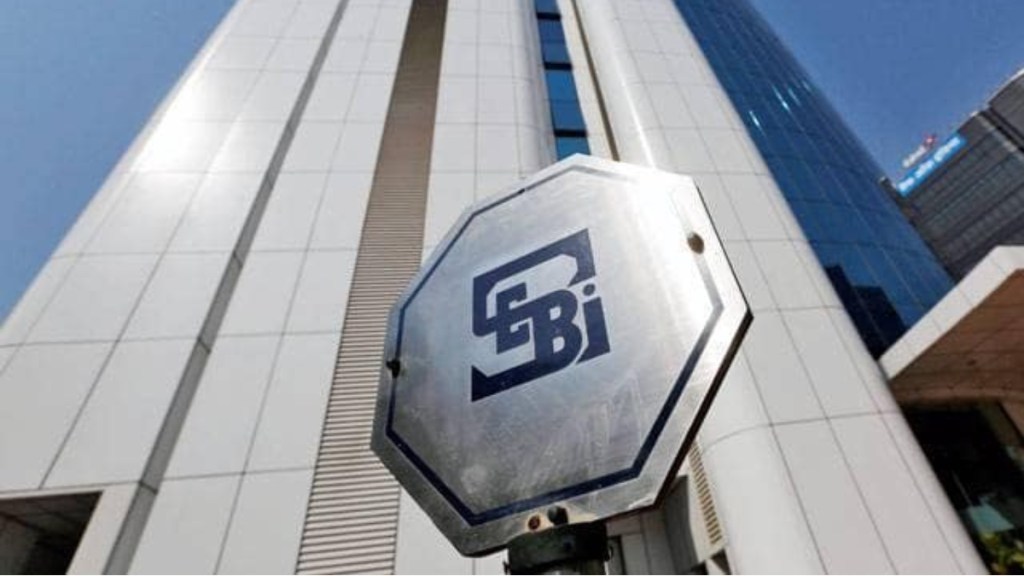The much-vaunted beta version of T+0 settlement for 25 stocks, the first-ever globally launched by the Securities and Exchange Board of India (Sebi) in March, has had very few takers in the first seven months of its launch.
Exchange and broking industry sources said that in the last almost 175-odd trading sessions since its launch, investors exercised this option only on 21 days at both exchanges. And there were a total number of 125 trades that have taken place with a total value of less than Rs 10 lakh.
Worse still, the last trade that NSE saw at its platform was in September, while for BSE, it was in June, said sources. Clearly, both investors and brokers do not see much benefit from this exercise for now.
In the T+0 settlement cycle, both shares and money are credited in the buyer/seller’s accounts on the day of the trade itself.
Said an industry player, “Currently, since it is optional, there is little interest in T+0. Also, there are fears that the price that one will get if they opt for settlement will lower because of the carrying cost of one day. Also, if one gets the money by 5 pm, there is no way to deploy it either.”
Against this backdrop, when Sebi’s decision to extend the number of scrips under this settlement to 500 a couple of days back from December 31 is being seen as both an effort to encourage more investors to participate. In addition, brokerages may also feel encouraged to create business models that will earn them some return on investment for making payouts on the same day.
“The scrips will be made available for trading and settlement starting with scrips at the bottom 100 companies out of the aforesaid 500 companies and gradually include the next bottom 100 companies every month till the top 500 companies are available for trading in optional T+0 settlement cycle,” said Sebi in its latest circular.
Currently, brokerages are still grappling with the business models for the same. “In the current model, brokerages do not see a viable business model because they will have to keep a separate team for early payments, but there is no benefit from a revenue or profit perspective,” said another industry player.
While Sebi has said that all qualified stock brokers (QSBs), which include the largest broking firms in terms of volume and client funds, will have to offer the T+0 settlement cycle to their clients and can even charge differential broking fees for the shorter settlement cycle, most believe that investors might prefer a lower-cost option in T+1, regardless of the T+0 facility.
When Sebi launched the T+0 optional settlement in March for 25 scrips, it had included some marquee names with high liquidity, such as JSW Steel, State Bank of India, Bajaj Auto, MRF, Vedanta, and Ambuja Cements. For the same-day settlement, trades had to be executed until 1:30 pm.
An earlier assessment of the market regulator had found that over 90% of the equity delivery trades where trade value was less than Rs 1 lakh were conducted with advance deposits of cash and securities. So, there are expectations that a majority of small traders and investors will benefit from the move, as it will help improve liquidity.


